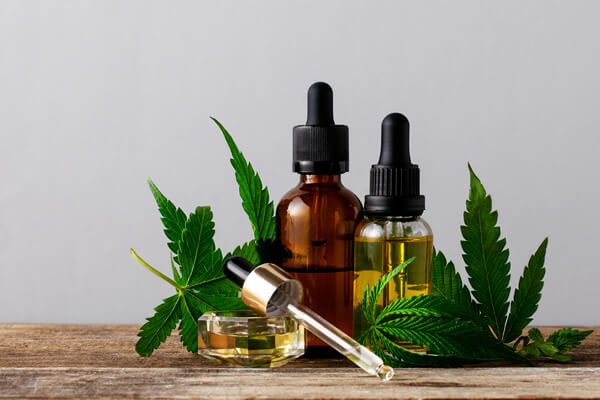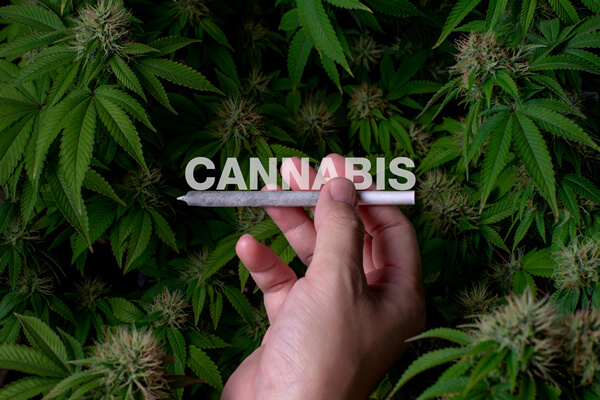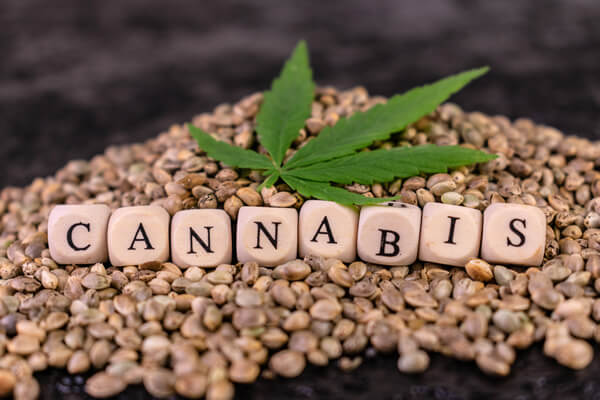Teenagers and Cannabis: Understanding the Far-reaching Impact
Cannabis became fully legal on July 1st, 2021 in Virginia for adults 21 years and older. Cannabis is legal medicinally and recreationally, however, a final date for recreational or commercial sales has yet to be determined by the state. Currently, 38 states, three territories and DC allow the medical use of cannabis, and 23 states, three territories and DC permit commercial sales. As parents, whether we like it or not, cannabis is here to stay in Virginia, and we’re going to be seeing a heck of a lot more of it once commercial distribution is cleared legislatively.
What does this mean for our teens? As a psychologist in private practice, I work with a lot of teens, and I’ve witnessed the increasing prevalence and acceptance of cannabis use within that cohort as a result of the cannabis laws loosening. This is concerning because the teen brain is in a crucial stage of development, and introducing substances like cannabis can have lasting negative impacts.
The teenage brain is a busy construction site, with significant structural and functional changes happening. Crucial to this process is the endocannabinoid system, which cannabis directly impacts. Tetrahydrocannabinol (THC), the primary psychoactive compound in cannabis, can disrupt the brain’s maturation, potentially leading to impaired cognitive function, decreased memory capacity, and reduced problem-solving abilities. Research has shown that chronic cannabis use can impede learning in teens, showing a drop in IQ and academic performance. Prolonged exposure to cannabis may also affect the brain’s plasticity, impeding the formation of new memories and the processing of learned information.
When it comes to mental health, numerous studies link heavy cannabis use to an increase of several mental health conditions for teens. Cannabis can potentially unmask an underlying predisposition to mental health issues like schizophrenia, especially when used frequently at a young age. It can also bring on or exacerbate feelings of anxiety, induces paranoia, and in some cases, lead to episodes of depression.
Socially, cannabis use can lead to a reduction in motivation and social engagement. While cannabis is often used for social bonding, chronic use can result in social withdrawal, lack of motivation, and difficulties in forming and maintaining healthy relationships. Teens who use cannabis are also at an increased risk for exercising poor judgement and impulse control when social.
While cannabis overdose is rare, its effects can be unsettling and possibly severe, characterized by paranoia, hallucinations, panic attacks, and in rare cases, severe psychotic reactions. I recently spoke to a local emergency room physician who shared with me that there has been a dramatic uptick in ER visits among teens in recent years and this seems to be the case nationwide.
There is no denying that cannabis can be detrimental to teens. The psychological, cognitive, and social impacts of cannabis use are significant, especially considering that adolescence is a crucial period for brain development and personality formation.
So, how do we talk to our teens about cannabis? In my opinion, parents should approach the topic of cannabis use with care and understanding. Instead of outright rejection with threatened punishments, engage in open conversations about the potential impacts of cannabis on their lives. Use research-backed evidence to explain the harmful effects of cannabis use during adolescence and promote healthy coping strategies and activities as alternatives. Cannabis is often referred to as a “gateway drug”, so discussing how its use can increase the likelihood of experimenting with other substances is also important.
No level of cannabis use is considered completely safe for teens due to the ongoing brain development occurring during this period, but many teens will still experiment with cannabis or other substances (e.g., alcohol). If you discover that your teen is using cannabis, it’s crucial to approach the situation without judgment. Encourage open conversation on the topic, set reasonable and healthy expectations, and if necessary, seek professional help.
In conclusion, I cannot stress enough the importance of understanding the impacts of cannabis on adolescents. As parents, it is our responsibility to guide our teens toward safe and healthy choices, which will help them reach their full potential as adults. Cannabis use is a very important topic to cover.







Michael Oberschneider, Psy.D. “Dr. Mike” is a clinical psychologist in private practice.
He can be reached at 703-723-2999, and is located at 44095 Pipeline Plaza, Suite 240, Ashburn.
